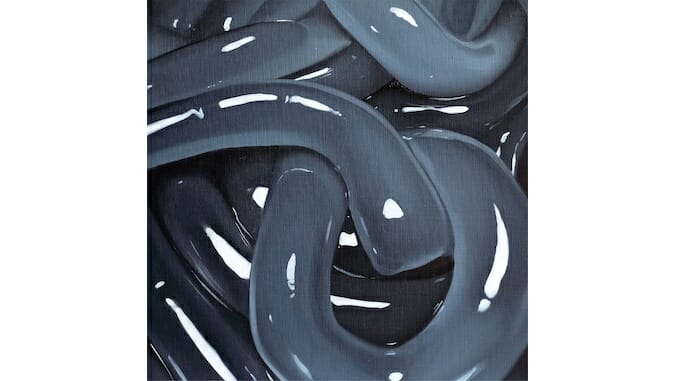Boris Show They May Never Run Out of Ideas on Experimental Shoegaze/Pop Hybrid W
Three decades and 40-plus albums in, the veteran Japanese trio's sonic footprint continues to sprawl.

It’s hard to think of a band more committed to exploring the entire heavy-music spectrum than Boris. It’s also hard to think of another band more committed to venturing outside that spectrum. With their latest album W, Boris continue to operate in both realms, as if their bountiful supply of inspiration hasn’t diminished at all over a prolific 30-year career. A delicate counterpoint to the harshness of 2020’s NO (“NO” combined with “W” spells “NOW”), W sublimates the metallic crunch that’s long been Boris’ calling card into a fog of shoegaze and experimental pop.
To say the least, crowd-pleasing hasn’t been Boris’ m.o, and their fans should know by now to expect the unexpected. Upon forming in 1992, the ravenously creative Japanese trio established their reputation with an audaciously unpolished brand of sludge metal that demanded endurance and patience in equal measure—pretty much exactly what you’d expect from a band that named themselves after a Melvins tune. Notably, Boris also wore their affinity for the heavy-drone style of bands like Earth on their sleeve. Their 1996 debut Absolutego, for example, consisted of a single hourlong track.
Two years later, when Boris named their sophomore album Amplifier Worship, they were, for all intents and purposes, being literal. For Boris, guitar distortion represents a kind of sacramental offering, a way of honoring an infinite quantum essence the band attempt to voice with every sound they make. Even at its noisiest (and its quietest, too), Boris’ music reflects a near-religious devotion to tonal variety. The band utilize guitars, in particular, as a palette of endless color choices, but they employ every other instrument—along with effects pedals, amps and mixing tricks—in much the same fashion.
Grateful Dead drummer Mickey Hart once famously wore a T-shirt with the words “God is sound” (an inversion of the Sanskrit saying Nada Brahma, “sound is God”). Boris fans might contend that God is tone—or vice versa. Either way, one gets the sense that, if we zoomed in on Boris’ music at the microscopic level, we would discover fractal-like patterns of detail. And it’s this attention to detail that unifies the band’s body of work in spite of their tendency to swerve erratically between noise, stoner rock, psych rock, post-rock, experimental, electronic, black metal, and un-ironic excursions into cheeseball pop and hard rock.
-

-

-

-

-

-

-

-

-

-

-

-

-

-

-

-

-

-

-

-

-

-

-

-

-

-

-

-

-

-

-

-

-

-

-

-

-

-

-

-








































